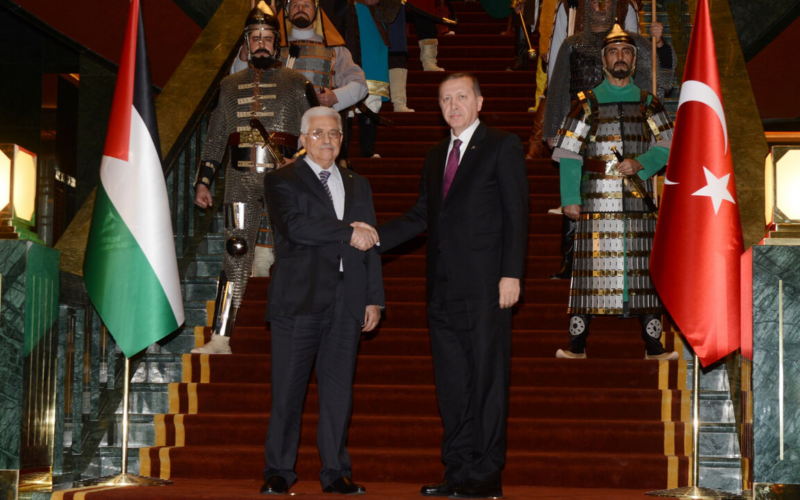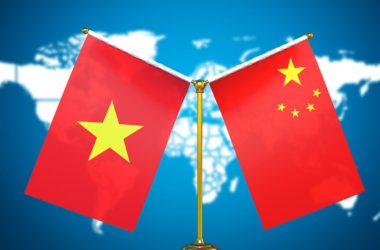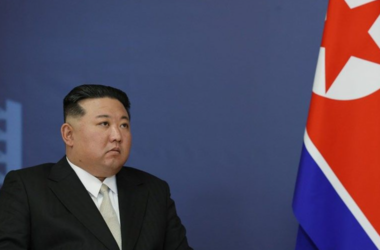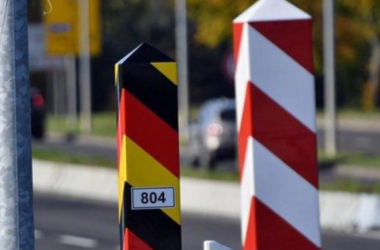The visit of Palestinian Authority President Mahmoud Abbas to Turkey underscores the unique and complex role that Turkish President Recep Tayyip Erdogan plays in the ongoing Gaza conflict. During his two-day visit, Abbas is set to meet with Erdogan and address the Turkish Parliament, an event that could further shape Turkey’s position in the region.
Turkey has long positioned itself as a staunch supporter of the Palestinian cause, with Erdogan vocally condemning Israel’s actions in Gaza. His fierce criticism of Israeli Prime Minister Benjamin Netanyahu, whom he has labeled a “bloodsucking vampire,” and his public mourning of Hamas leader Ismail Haniyeh, highlight his unwavering stance. Erdogan’s praise of Hamas as an “organization of liberation” contrasts sharply with Western views that label the group as a terrorist organization, yet Turkey’s official support for a two-state solution adds a layer of complexity to its role.
Erdogan’s government, deeply sympathetic to the Palestinian plight, has maintained diplomatic relations with Israel while simultaneously advocating for Palestinian rights and condemning the violence in Gaza. This delicate balancing act is further complicated by Turkey’s domestic politics, where support for the Palestinians cuts across the political spectrum.
Turkey’s relationships with Hamas leaders, including the late Haniyeh, further complicate its position. Erdogan’s administration has maintained these ties while also attempting to position Turkey as a key player in any potential peace negotiations. However, the strong anti-Israel rhetoric from Turkish leaders, including Foreign Minister Hakan Fidan’s recent calls for international accountability for the “massacre in Gaza,” has made it difficult for Turkey to be seen as a neutral mediator.
Despite these challenges, Turkey has proposed itself as a guarantor for a cease-fire between Israel and Hamas, suggesting an arrangement where the United States would ensure Israel’s compliance. However, this proposal has not gained significant traction, partly due to the harsh rhetoric that has isolated Turkey from being a central figure in the cease-fire negotiations, a role currently dominated by Qatar and Egypt.
Abbas’s visit comes at a critical time, as the international community continues to search for a path to peace. While it remains unclear whether Turkey has a specific policy proposal tied to Abbas’s visit, the meetings highlight Turkey’s ongoing efforts to influence the outcome of the Gaza conflict and to assert itself as a key player in Middle Eastern politics. As Erdogan continues to navigate these complex dynamics, Turkey’s role in the region remains both influential and contentious.








